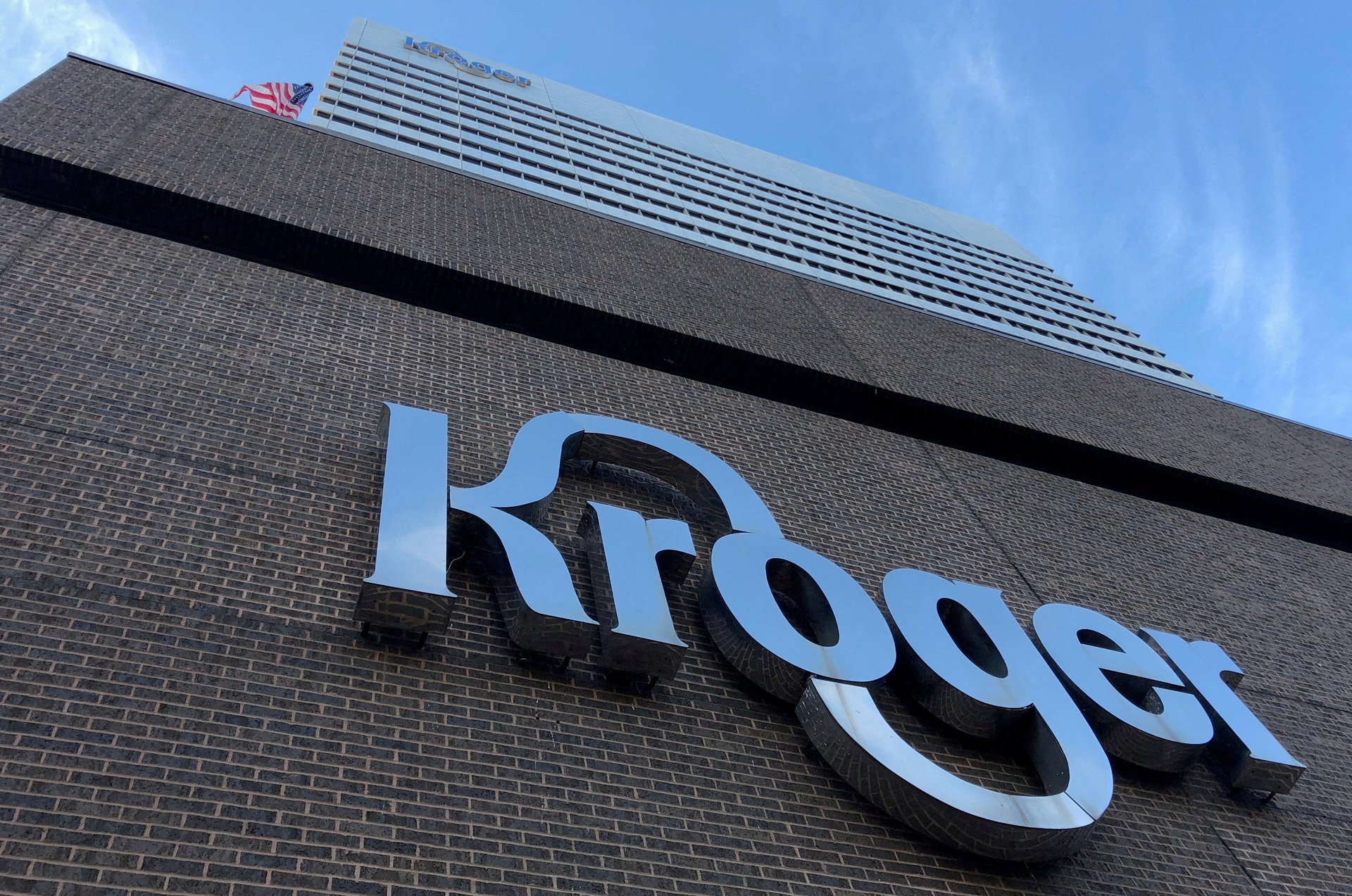The FTC sued to stop Kroger from buying Albertsons, warning of 'grocery price hikes'
The agency argues the $24.6 billion deal would increase grocery prices for millions of Americans and reduce competition

The Federal Trade Commission has sued to block the $24.6 billion acquisition of Albertsons by rival grocer Kroger, alleging the deal would harm American consumers already facing high grocery bills.
Suggested Reading
The FTC says the deal — the largest proposed supermarket merger in U.S. history — would hurt competition and lead to high prices for groceries and other household items for millions of Americans. The regulator also argues the deal would “immediately rease” competition for thousands of grocery store workers and make it more difficult to secure better wages and benefits.
Related Content
“This supermarket mega merger comes as American consumers have seen the cost of groceries rise steadily over the past few years,” Henry Liu, the director of the FTC’s Bureau of Competition, said in a statement. “Kroger’s acquisition of Albertsons would lead to additional grocery price hikes for everyday goods, further exacerbating the financial strain consumers across the country face today.”
Earlier this month, the attorneys general of Washington state and Colorado sued to block the merger. The deal has also been heavily criticized by several lawmakers, including Sens. Elizabeth Warren (D-Mass.) and Bernie Sanders (I-Vt.).
Kroger and Albertsons argue that the deal won’t hurt competition, but will allow Kroger to better compete with Walmart, which owns 22% of the U.S. grocery market and is the largest player in the industry. If combined, Kroger and Albertsons would make up 13% of U.S. grocery sales and reach 85 million households across the nation. The companies would employ almost 700,000 employees at more than 5,000 stores and some 4,000 pharmacies in the U.S.
In September, as part of plans to make the acquisition more palatable for regulators, the companies announced the sale of 413 stores and eight distribution centers to C&S Wholesale Grocers, the company behind Piggly Wiggly and Grand Union. Kroger has also pledged to invest $500 million in reducing prices.
“The FTC’s decision makes it more likely that America’s consumers will see higher food prices and fewer grocery stores at a time when communities across the country are already facing high inflation and food deserts,” Kroger said in a statement. “In fact, this decision only strengthens larger, non-unionized retailers like Walmart, Costco and Amazon by allowing them to further increase their overwhelming and growing dominance of the grocery industry.”
Albertsons agreed with Kroger, saying that if the FTC is successful, it would be letting Amazon, Walmart and Costco increase their “growing dominance” of the industry.